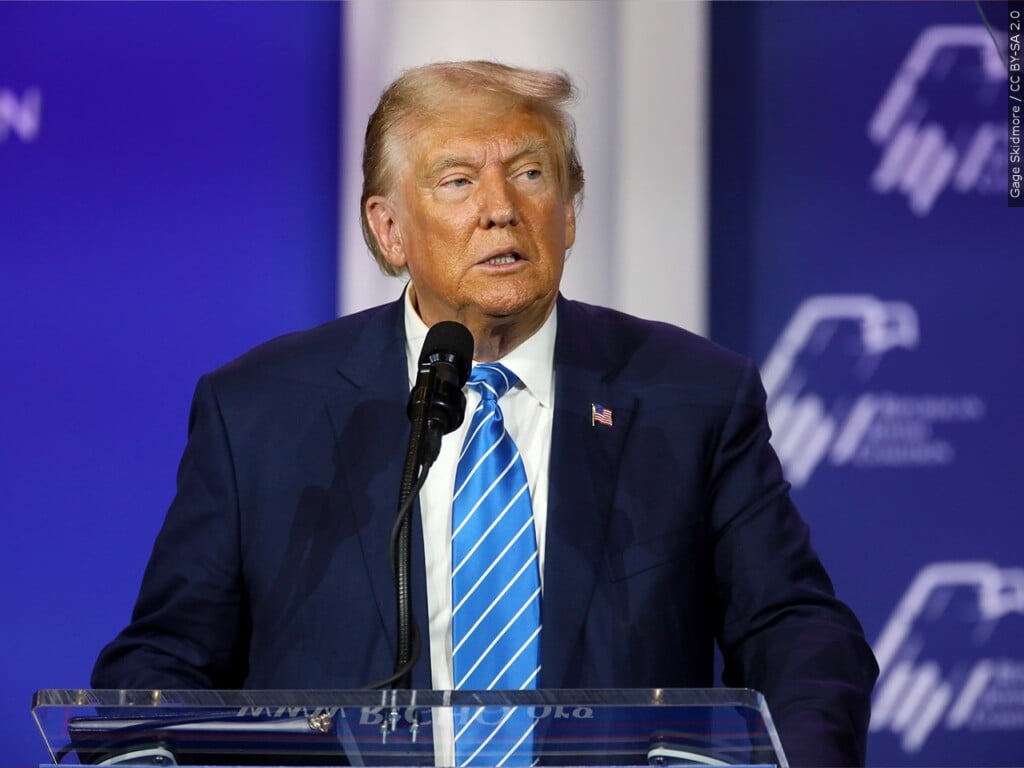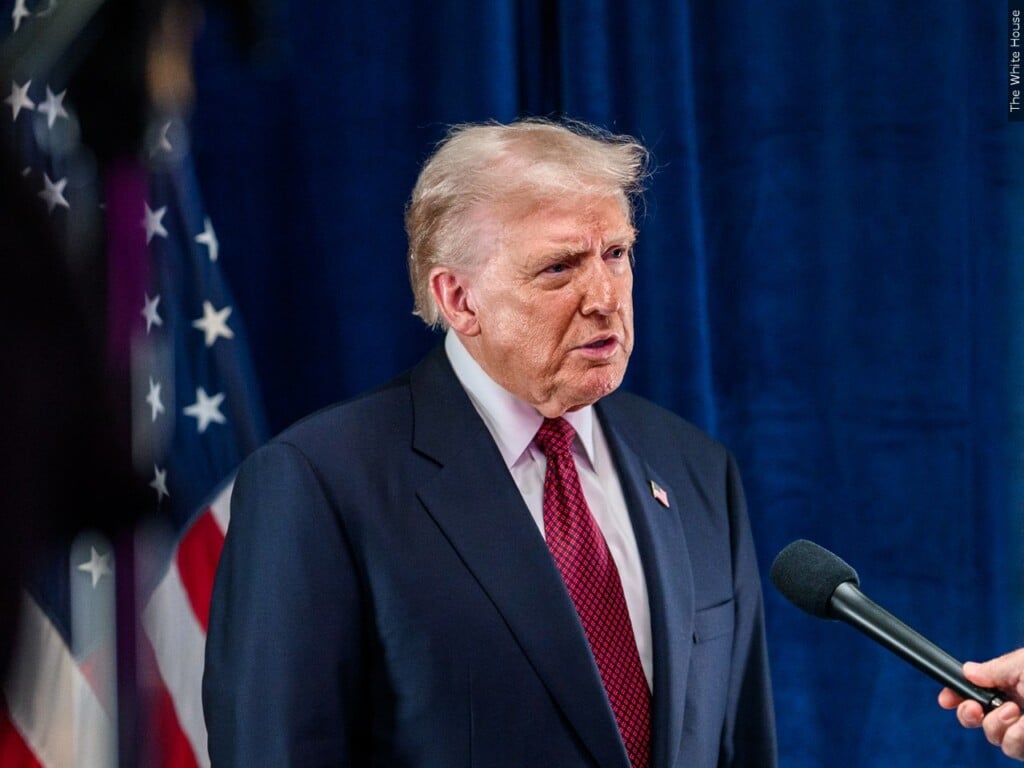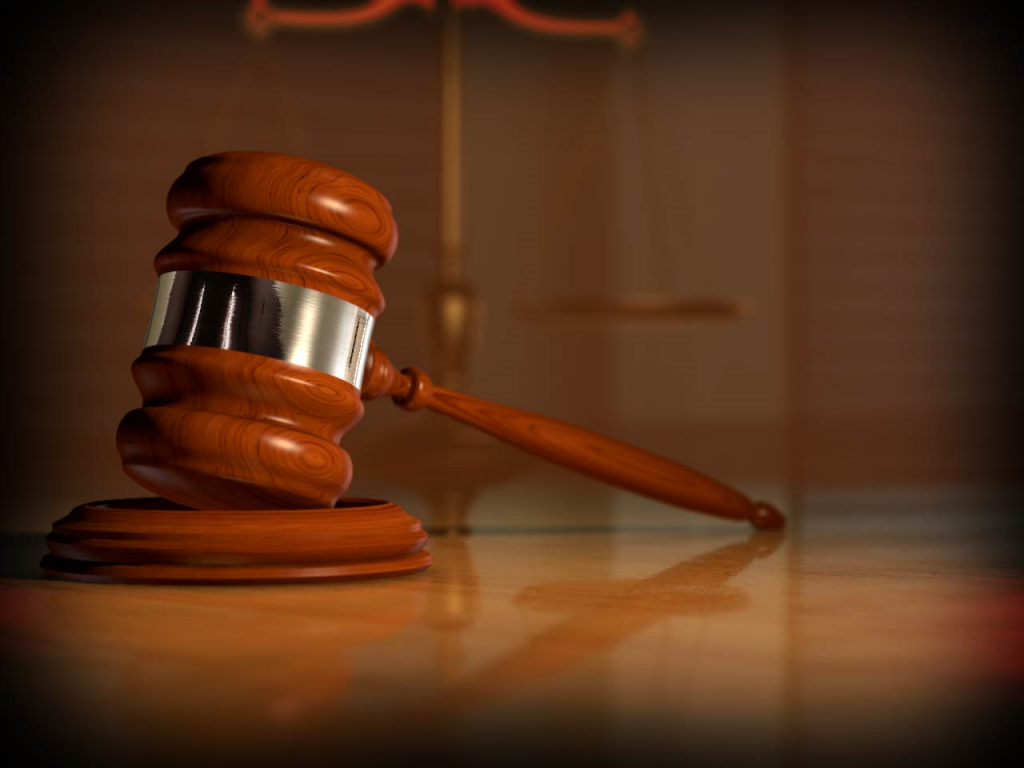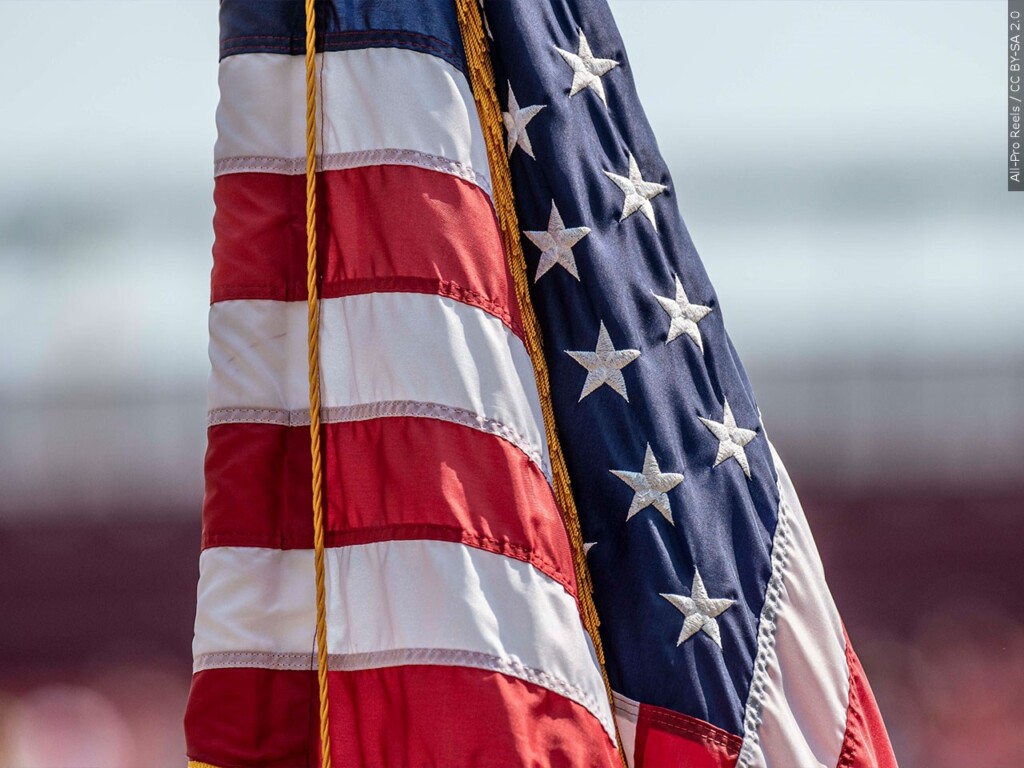Why are the Iowa caucuses so important? What to know about today’s high-stakes vote
Republicans are in a fierce competition as they’ve crisscrossed all Iowa’s 99 counties ahead of Monday’s caucuses. Prominent Republicans have made extensive efforts to court Iowans, but going into the caucuses, former President Donald Trump is maintaining a substantial lead over his rivals in the polls. 
Florida Gov. Ron DeSantis and entrepreneur Vivek Ramaswamy have traveled extensively in the state, in an effort to close the gap, and in recent weeks, former South Carolina Gov. Nikki Haley has also been campaigning in Iowa.
When are the Iowa caucuses?
The Republican Party will hold its caucuses on Monday, Jan. 15, at 7 p.m. CT, or 8 p.m. ET. Iowa Democrats are holding a caucus on the same day, but are opting for voters to choose their candidate entirely by mail-in ballot this election cycle and will release the results on Super Tuesday on March 5.
Following the chaotic events of Democratic 2020 caucuses, Iowa Democrats had overhauled their caucus and presidential delegate selection process to ensure an indisputable winner.
President Biden and his team will instead prioritize South Carolina as the initial state in the lineup, succeeded by New Hampshire and Nevada a week later, with Michigan following. Originally, the plan included Georgia holding a primary just before Michigan, but Democratic efforts to advance their date faced resistance from Republicans in the state.
But New Hampshire has opted to maintain its first-in-nation primary status and will hold its primary on Jan. 23, and Mr. Biden will not be on the ballot. His team has led a write-in campaign in the state.
What is the difference between a caucus and a primary?
A caucus involves a more complex process where participants gather openly, engaging in discussions and voting to express their support for a particular candidate. Unlike primaries, caucuses require voters to physically attend specific meetings, which demands a higher level of commitment — meaning there is lower voter turnout. The process of assigning delegates in caucuses may differ, adding greater flexibility to the overall method.
Conversely, in a primary election, voters participate by casting their ballots in private to choose their preferred candidate. This process is akin to a general election, allowing voters to select their candidate in a more straightforward manner. Primary elections generally witness higher voter participation due to their accessibility, with voters able to cast their ballots throughout the day. Delegates in primaries are typically allocated proportionally, reflecting the percentage of votes each candidate receives.
Primaries offer a simpler and more accessible voting process, resulting in higher voter participation, while caucuses involve a more involved and participatory approach, requiring voters to actively engage in discussions. The decision hinges on the rules and preferences set by the state party.
Why do presidential candidates care so much about the Iowa caucus?
Historically, presidential candidates have looked to the Iowa caucus to help launch themselves to nominee status.
But the Iowa caucus hasn’t always gone on to be the best predictor of who will be the party’s nominee, even less so at predicting who will win the presidency. The state is largely White and conservative and not entirely representative of the U.S. population.
Iowa Republicans selected Mike Huckabee in 2008, Rick Santorum in 2012 and Ted Cruz in 2016 — none of whom went on to clinch the nomination.
Some candidates who faced defeat in Iowa went on to secure victory, including Ronald Reagan in 1980, George H.W. Bush in 1988, and Trump in 2016.
Since its inception in 1972, only three presidential candidates who triumphed in the Iowa caucuses have ascended to the presidency: Democrats Jimmy Carter in 1976 and Barack Obama in 2008, and Republican George W. Bush in 2000.
Still, the caucus’ outcome frequently provides an outsized advantage to winners and those who exceed expectations, often narrowing down the field by prompting underperforming candidates to exit the race.
Florida Gov. Ron DeSantis, who is vying for second place in Iowa, has focused much of time and resources on the state — he’s visited all 99 of its counties and secured the endorsement of GOP Gov. Kim Reynolds. But even if he loses to Trump in Iowa, DeSantis’ spokesperson said his campaign will not be derailed.
The Florida governor is set to head straight to South Carolina for an event Tuesday morning, and then is scheduled to attend a meet-and-greet in New Hampshire, which will hold its first-in-the-nation primary Jan. 23.
What can the Iowa caucus results tell us about 2024?
Kyle Kondik, an elections analyst and managing editor of Sabato’s Crystal Ball at the University of Virginia Center for Politics, posits that Iowa serves as a more accurate snapshot of the current Republican Party. This is due to the demographic makeup, specifically the inclusion of religious and blue-collar voters.
In contrast, Kondik noted that the results of the New Hampshire primary on Jan. 23 may offer less insight into the overall success of the Republican party. This is because there’s a larger share of moderate and independent voters in the state.
So even if Trump loses New Hampshire, “I don’t think it’s necessarily some sort of huge problem for him,” Kondik said.
Now, he said, if former U.S. ambassador to the U.N. Nikki Haley were to win New Hampshire and then South Carolina a month later, “that’s where this thing maybe gets interesting,” given that both states have electorates that more closely mirror the rest of the U.S.
But if Trump were to win both Iowa and New Hampshire, it’s unlikely any of the other candidates could continue on, he said.
What are Iowans saying?
As Iowans brave the snowstorms leading up to the caucuses, many are ready to navigate the weather and cast their votes on Monday.
“I appreciate, people should appreciate when they live in Iowa, that we have so much exposure to the candidates firsthand, you really do get to be right there and ask them questions and get to see the person you know, even behind the scenes, not just in front of the camera. So I hope people pay attention and go out and caucus. It’s extremely important. You get to vote, you know, with a paper ballot right in the room, it gets counted right in front of you. And you just know the answer of who came out ahead and whatnot right there that night,” said Laurie Stiles from Johnston, Iowa.
For some who have never caucused before, they’re looking forward to hearing from other voters.
“I’ve never caucused before. But this time, I really want to hear what other people have to say, what they’re thinking,” said Ken Geoghegan, an undecided voter in Iowa.
Even though the Iowa caucus may not serve as a crystal ball for the entire presidential election year, Iowans still perceive themselves as key players in the process, contributing to the narrowing down of the candidate field.
“We’re still faith, family and friends first, right? And I think we do a very good job of leading the nation,” said Eric Vaske, a voter from Manchester, Iowa.
Taurean Smalls, Aaron Navarro and Olivia Rinaldi contributed reporting.




